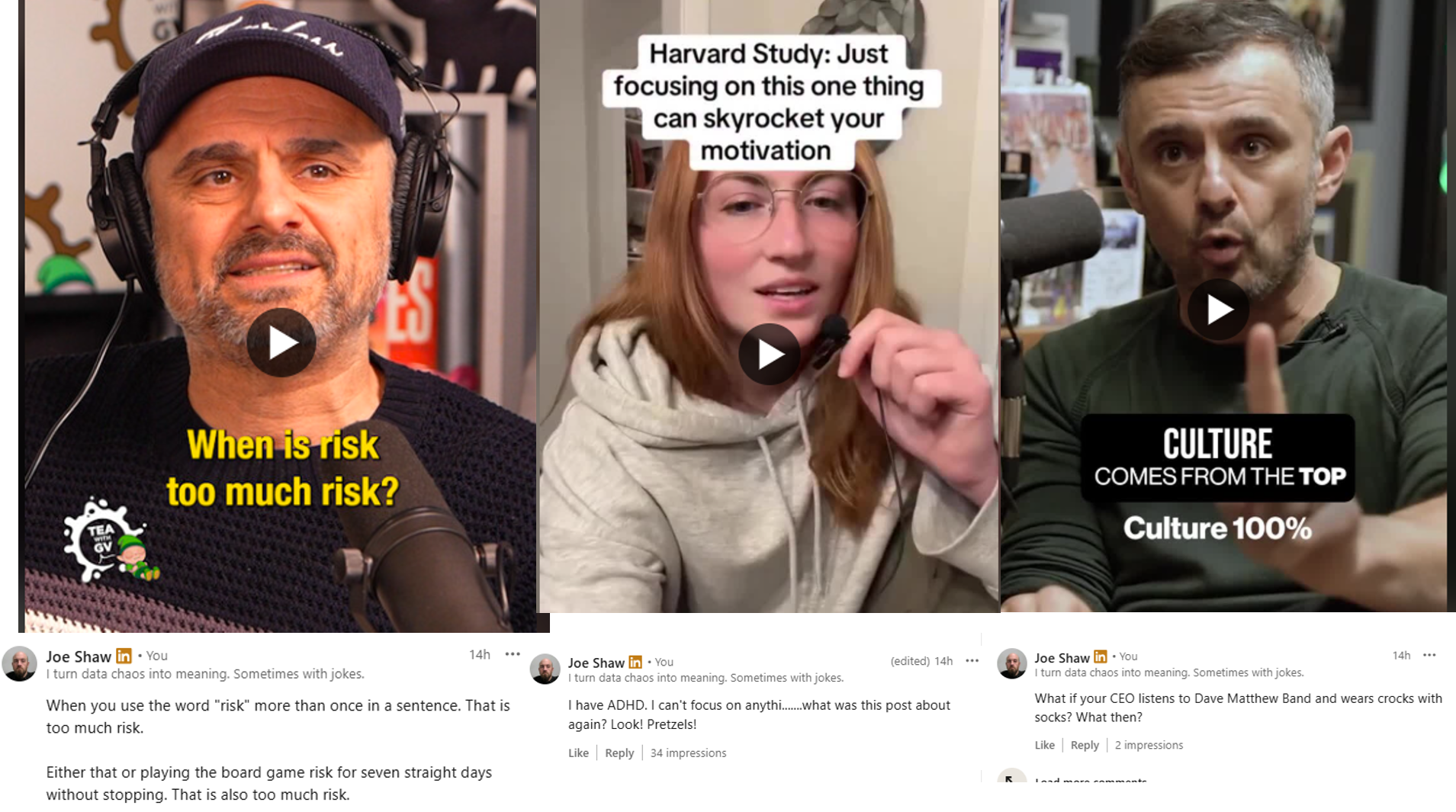Creating content online is a lot like screaming into the void, except the void doesn’t bother to echo. You spend hours hunched over your laptop like some starving poet, convinced you’ve concocted the perfect turn of phrase. Maybe it’s a blog post about the inherent tragedy of decorative throw pillows, or a TikTok where you lip-sync to a Céline Dion song while ironing a grilled cheese. You hit “publish,” sit back, and wait for the applause that never comes. Not even your parents click “like.” And they once liked a Facebook page dedicated to horse dentures, so it’s not like their standards are particularly high.
Nothing. Not even a “seen.” The void stares back, unimpressed.
This is the quiet tragedy of content creation. You can float the most unhinged ideas (ex: a podcast where every episode is just you describing pictures of sandwiches you find on Google), and the world will yawn. No outrage. No applause. No feedback of any kind. If the internet were your therapist, you’d switch providers immediately.
But then.
You make a single, inane comment on LinkedIn. Something as innocuous as, “I don’t think synergy is a real word.” Suddenly, the gates of hell creak open. Out pour the consultants, the career coaches, the people who list “visionary” as both a skill and a hobby. They descend upon you with the fury of a thousand unpaid interns.
“Excuse me,” someone will type, “but as a thought leader in the space of holistic disruption, I find your remark deeply offensive.” Another person, whose profile picture is an AI-generated portrait in front of a stock photo of a WeWork lobby will write an 800-word reply complete with bullet points, Harvard Business Review citations, and a chart in Comic Sans.
Apparently, the internet does not care when you post a surrealist video about vacuuming your yard, but God help you if you suggest that hustle culture might not be the pinnacle of human achievement. Then the scum rises. Not the bottom-feeders you’d expect, either. These are the self-proclaimed “builders,” the “connectors,” the men who describe themselves as “dad, runner, disruptor” in that order. They’ll tell you how wrong you are, how shortsighted, how negative. And they’ll do it with the kind of zeal usually reserved for defending family honor in a duel.
This is the paradox of the digital age: your boldest, strangest creations sink without a ripple, but misplace a single emoji on a corporate platform and suddenly you’re the Antichrist. Somewhere out there is a void waiting patiently for your screams, but the internet prefers you whisper something stupid at a networking event.
And that’s how I learned my most valuable lesson about online life: if you really want attention, don’t bother with originality, effort, or joy. Just say something vaguely critical on LinkedIn. Then duck.

